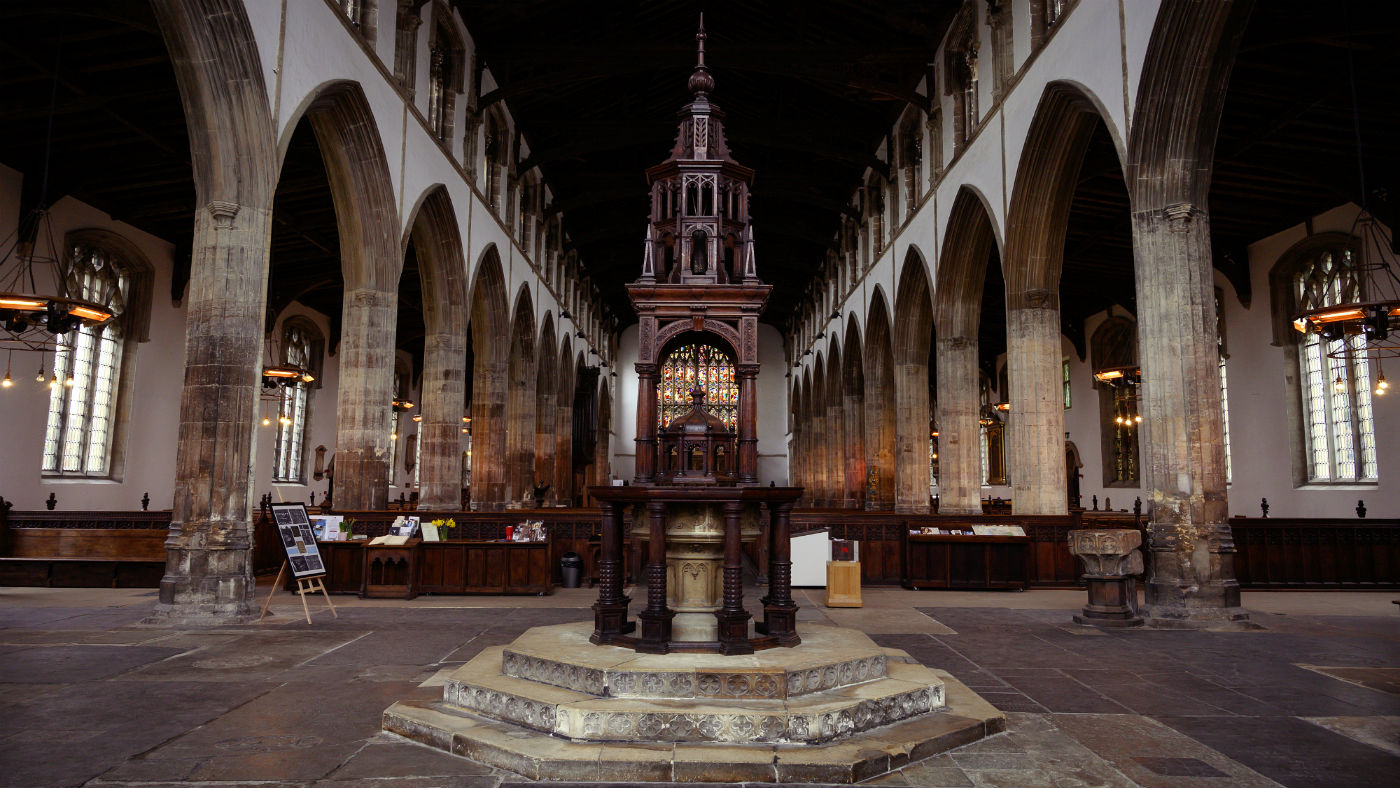Churches no longer required to hold service every Sunday
Synod amends 17th century canon law due to decline in clergy numbers

A free daily email with the biggest news stories of the day – and the best features from TheWeek.com
You are now subscribed
Your newsletter sign-up was successful
Churches are no longer legally required to hold a service every Sunday following a vote by the General Synod to end a law that dates back to 1603.
Some vicars have become responsible for up to 20 churches in their area due to the decline in clergy numbers. Vicars in rural parts of the country say they are unable to abide by the law and are left with little choice but to break it. Growing numbers of parishes have taken to holding a single combined Sunday worship where previously each church would have held separate service.
Although no vicar has been punished for breaking the canon, the changes mean that they are no longer breaking the law. The Bishop of Willesden, the Rt Rev Pete Broadbent, a longstanding proponent of the change, told the Daily Telegraph it “clears the way for people to be honest.”
The Week
Escape your echo chamber. Get the facts behind the news, plus analysis from multiple perspectives.

Sign up for The Week's Free Newsletters
From our morning news briefing to a weekly Good News Newsletter, get the best of The Week delivered directly to your inbox.
From our morning news briefing to a weekly Good News Newsletter, get the best of The Week delivered directly to your inbox.
He said that though the Sunday service “is a centuries old tradition” it has become unsustainable in some areas. “What we have been saying is that this canon does not work, it is out of date and we are operating differently in the countryside now.”
The law, which previously required that morning and evening prayer be “said or sung audibly in every parish church every Sunday”, has been amended to “in at least one church” in every group.
Similarly, where the law previously required Holy Communion to be celebrated “in every parish church”, it can now be held “in at least one church in each benefice”.
According to data from the Church of England, the numbers of multi-parish benefices - groups of churches looked after by one priest - has risen from 17% in 1960 to 71% by 2011.
A free daily email with the biggest news stories of the day – and the best features from TheWeek.com
The Church is also increasingly featuring self supporting priests with weekday jobs such as doctors, writers, teachers, plumbers or farmers.